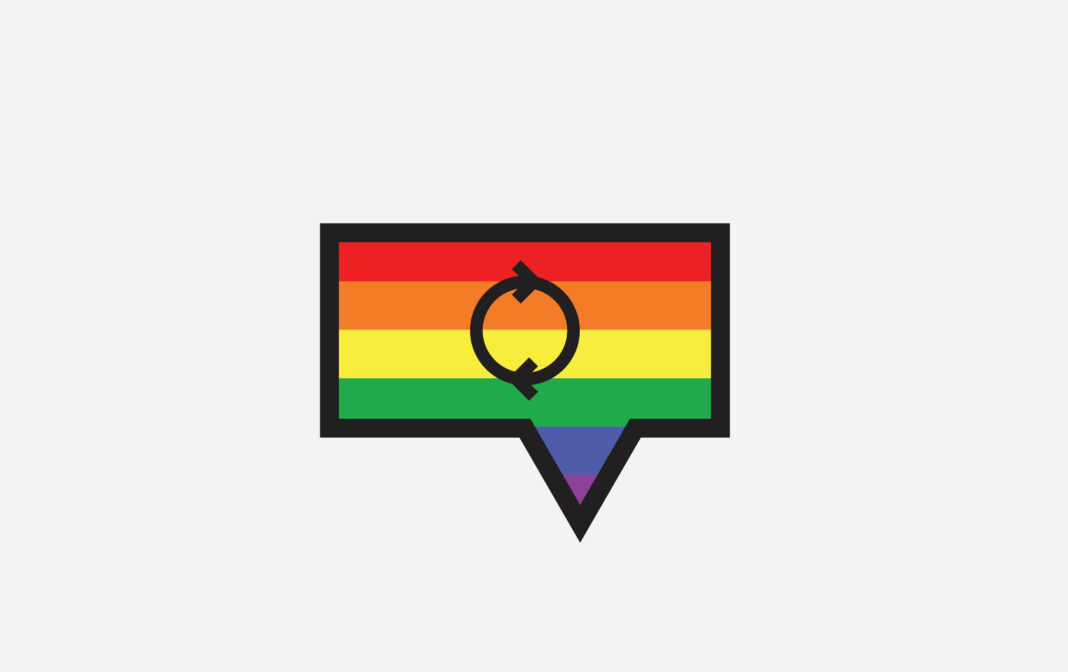I was recently playing a homegrown version of the game Preferences where I was asked to rank these three things in order from most preferred to least: White lies, French pedicures, and water sports. Aside from the inherent difficulty being gamified here of ranking such disparate things, I was forced to consider the white lie. That trivial little skirting of conflict. No matter what rubric I used to rank these items, I found that the white lie rose to the top of my list. Later, when asked to explain my answer, I was a bit stunned — before producing what was practically a treatise on the white lie. “White lies are the glue that holds together my days. I’m not sure I could live without the white lie.”
“White lies are the glue that holds together my days. I’m not sure I could live without the white lie.”
Of course, I hesitated to admit this to a group of friends. These were the very people who received my white lies. But, hadn’t they done the same to me? And the more I considered it, the more I realized how very necessary my daily fictions and omissions were for moving through the world.
Now, before I launch my attack on honesty, I want to qualify my position: There are limits to my use of the white lie. In my professional life, for instance. I’ve found that if you tell a white lie, you end up having to double back and cover your tracks. (This meme pretty much covers it.) And there are other times when ethics supersede the function of a lie or omission — but, at least I think, there are times when it doesn’t.
Let’s start at the beginning. What does it actually mean to be honest?
“What does it actually mean to be honest?”
It’s easy to feel that if you’re not completely transparent, articulating everything that pops into your head, you’re being dishonest. But, consider this situation: You’ve promised to keep the secret of a friend. In fact, you’re running late to dinner plans because of an emergency summit to discuss said secret. The friends you’re meeting for dinner ask if everything is alright. In so many words, they want to know why you’re late.
What do you do? It would be dishonest to divulge the secret you’d promised to keep, and it might even be tricky to mention where you just were. Situations like this happen all the time — even when we’re not protecting someone else, the truth of any situation is something that is possible to consider since we’re always negotiating multiple truths.
“The truth of any situation is something that is possible to consider since we’re always negotiating multiple truths.”
In fact, complete transparency might not be truthful at all. Another situation: You show up to a first date full of anxiety and worry. You hate your outfit. You’re too stressed to eat a thing. Would it be dishonest not to say all of this to your date? There are many reasons why this could actually be misleading. For instance, maybe you’re really nervous about the date because you like this person, but you hadn’t quite admitted that to yourself yet. Instead, you tell them about this Sturm und Drang and it makes them think you, in fact, don’t want to be on the date at all.
“By launching into a detailed report on your worries and anxieties, it makes it appear that you’ll always do this.”
And what about this, more subtle possibility: By launching into a detailed report on your worries and anxieties, it makes it appear that you’ll always do this. Or even that it’s possible to communicate with someone at that level, sharing your micro-worries. Is that really the truth of the situation? Is that what you want to say?
Say you meet someone new and they ask where you’re from. Maybe you say your home state, or the city where you were born, or the town where you grew up after moving there when you were six. Even in this most basic situation, one is not able to say the whole truth. So, what is the truth besides what one wants to say in any given situation? If I’m speaking to someone who I don’t trust, and I come off as standoffish, is there not something honest in that?
“If I’m speaking to someone who I don’t trust, and I come off as standoffish, is there not something honest in that?”
My point here is that the imperative to be transparently honest can close us off to other truths. That isn’t to say that there’s any need to conceal what you think. There isn’t. But there also isn’t a need to divulge your fears, worries, or some other protected information in service of the truth. If you’re not sure about sharing something with someone, you can have an honest reaction that incorporates that fact.
Sometimes we rely on transparency as a crutch, comforting ourselves with the idea that at least we’ve been honest. But I wouldn’t blame you for wanting something more. Take this as your permission to say half-truths — since that’s what any truth consists of anyway. ✨
Have there ever been moments when you’ve forgone one truth for another? Have you reconsidered the imperative for truth in your life? Let us know your thoughts in the comments.
Ashley D’Arcy is the Senior Editor at The Good Trade. She holds an MA in Philosophy from The New School for Social Research and has contributed to esteemed outlets such as The Nation, 032c, and Yale School of Management’s Insights where she’s leveraged her expertise in making complex ideas accessible to a broad audience. In addition to her editorial work, she is training as a psychoanalytic mental health professional and provides care to patients in New York City. Ashley also explores sustainable fashion, clean beauty, and wellness trends, combining thoughtful cultural critiques with a commitment to mindful living.


